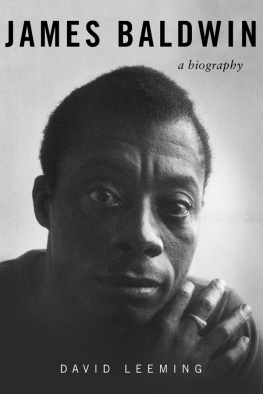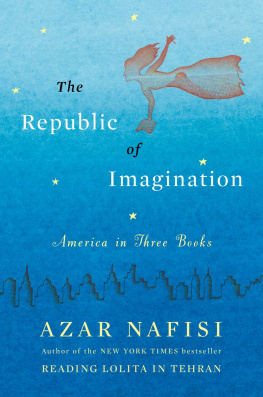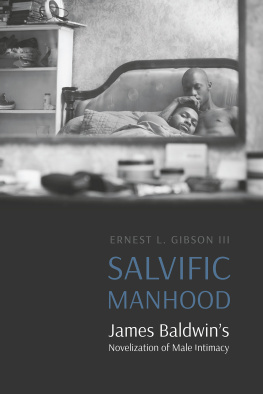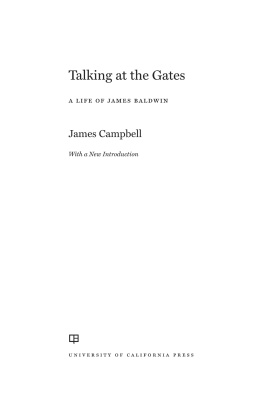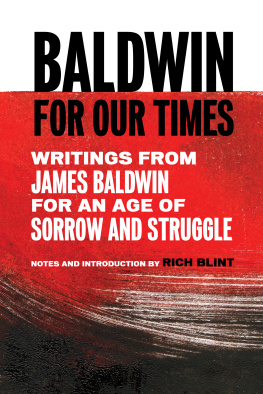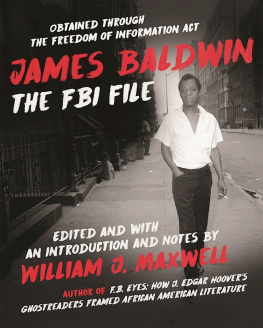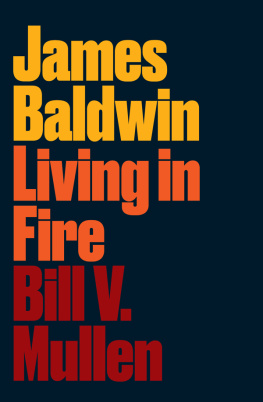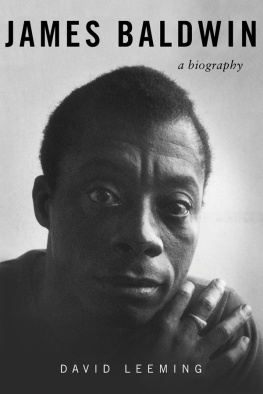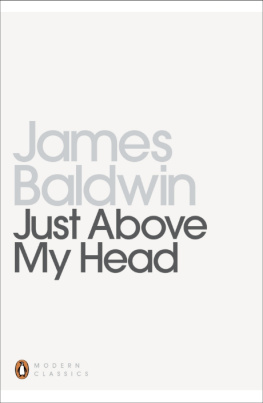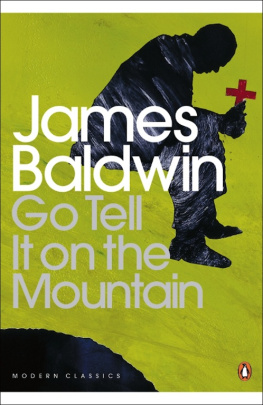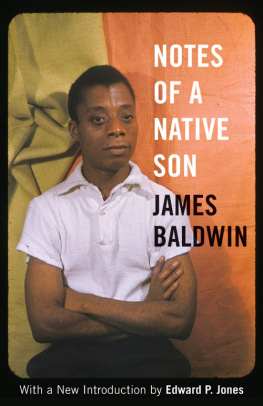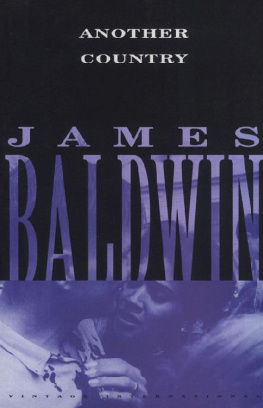
Also by David Leeming:
The World of Myth
Goddess: Myths of the Female Divine (with Jake Page)
God: Myths of the Male Divine (with Jake Page)
The Mythology of Native North America (with Jake Page)
Mythology: The Voyage of the Hero
Amazing Grace: A Life of Beau ford Delaney
Stephen Spender: A Life in Modernism
A Dictionary of Asian Mythology
Myth: A Biography of Belief
From Olympus to Camelot: The World of European Mythology
Jealous Gods and Chosen People: The Mythology of the Middle East
The Oxford Companion to World Mythology
Creation Myths of the World
Encyclopedia of Psychology and Religion
The Handy Mythology Answer Book

Copyright 1994 by David Leeming
All rights reserved. No part of this book may be reproduced in any manner without the express written consent of the publisher, except in the case of brief excerpts in critical reviews or articles. All inquiries should be addressed to Arcade Publishing, 307 West 36th Street, 11th Floor, New York, NY 10018.
First Arcade Edition 2015
First published in hardcover in 1994 by Alfred A. Knopf, Inc., and in paperback in 1995 by Henry Holt and Company
Arcade Publishing books may be purchased in bulk at special discounts for sales promotion, corporate gifts, fund-raising, or educational purposes. Special editions can also be created to specifications. For details, contact the Special Sales Department, Arcade Publishing, 307 West 36th Street, 11th Floor, New York, NY 10018 or arcade@skyhorsepublishing.com.
Arcade Publishing is a registered trademark of Skyhorse Publishing, Inc., a Delaware corporation.
Visit our website at www.arcadepub.com.
10 9 8 7 6 5 4 3 2 1
Library of Congress Cataloging-in-Publication Data is available on file.
Cover design by Brian Peterson
Cover photo 1964 by Sedat Pakay
Print ISBN: 978-1-62872-438-7
Ebook ISBN: 978-1-62872-469-1
Printed in the United States of America
For
David
In Memory of
Jimmy ,
Beauford, Bernard, Ellis, Mary, Orilla, Sam ,
and all
the many thousands gone
And they, whether they will hear, or whether they will forbear, yet shall they know that there hath been a prophet among them.
E ZEKIEL 2:5
I aint good looking, but Im somebodys angel child.
B ESSIE S MITH
Reckless Blues
Contents

Preface and Acknowledgements

The primary source for the information contained in this book is James Baldwin himself. I met Baldwin in 1961 during his first visit to Istanbul, where I was working as a teacher. We saw each other again when he came back to Istanbul during 1962 and 1963. When I began graduate work at New York University in 1963, Baldwin hired me as a part-time secretary in charge of sorting his manuscripts and papers. Eventually I did some correspondence and research for him and accompanied him on lecture trips. Later, early in 1966, he invited me to go with him back to Istanbul as a companion-translator-secretary, and there he, his brother David, and I shared a house while Jimmy completed Tell Me How Long the Trains Been Gone .
During the 1970s when I saw Jimmy from time to time in New York, we talked about the possibility of my writing a biography. Years earlier we had considered the project more in fun than in earnest. He sometimes introduced me as my Boswell. Like most writers, Baldwin preferred to be, through his works, his own biographer. But over the years he came to realize that biographies would be written, and in 1977 he gave me an authorization letter, promising access to his papersa promise he fulfilledand, insofar as he could help, access to his friends and relatives. If should be noted that this biography is in no way authorized by his estate.
During the 1980s Baldwin and I had formal interviews in New York, in Amherst, where he was teaching, in Connecticut, where he visited my wife and me several times, and in Saint-Paul-de-Vence, where we visited him.
After Jimmys funeral in New York, I returned to France at David Baldwins request, to collect the Baldwin papers. Later I sorted them in Jimmys New York apartment and was able to add the information they contained to what I had already learned from the papers I had sorted in the early sixties. Other information came from the interviews and meetings with Baldwin in the 1970s and 1980s, and from extensive conversations in New York and in our Istanbul house in the 1960s.
Our conversations over the years covered every imaginable subject. Baldwin talked about his loves, his disappointments in love, about what he considered his role as a witness, about literature, about his works, about America and about history. He told me about his school experiences, about his first favorite teacher, a young white woman from the Middle West called Bill Miller, about Connie Williams, the owner of the Calypso Cafe in Greenwich Village, where he worked in the 1940s. He spoke of his trips South, of his spiritual father, the painter Beauford Delaney, and mentors like Sterling Brown and Kenneth Clark. He also talked about race, about homosexuality, about his loneliness, about his family. Our last interview occurred two days before he died as I sat up with him during the night in Saint-Paul-de-Vence. Characteristically, the conversation, although necessarily disjointed and sometimes incoherent, ranged from the denied pleasures of a scotch and a cigarette to the devastating economy of Jane Austen, to the impossibility of holding food down, to religion.
Almost from the moment I met Baldwin, I recognized that I was in the presence of a highly complex, troubled, and driven individual who was more intensely serious than anyone I had ever met. This is not to say he did not enjoy life or that he had no sense of humor. He was a man who laughed a lot and who knew how to make others laugh. And while clearly obsessed by what he saw as a witnessing role, he was just as committed to the life of the senses; when he ate a meal, smoked a cigarette, sipped on a scotch, or touched another human being, he did so with deep pleasure that was evident and with an incomparable elegance and care. And he spent his whole life longing to be picked up and sheltered by what he thought of as the power of love in arms stronger than his own.
Baldwin was a lonely and extremely vulnerable man. His vulnerability made him sometimes overly defensiveeven, some would say, paranoid. In pursuit of love and approval he squandered money and time and sometimes hurt people. He was a man, like most people, with evident neuroses. He was not a saint, he was not always psychologically or emotionally stable. But he was a prophet.
It was the calling to bear witness to the truth that dominated Baldwins being, and in this role he could be harsh, uncompromising, and even brutally cruel. He knew that the combination of his heritage as an African-American, his early God-given talent with words, and even his mysterious parentage and his sexual ambivalence made it inevitable that he be an outsider, a stranger condemned like Jonah to preach and convert, even as he longed simply to live. Like it or not, he was called, and to the extent that he attempted to refuse the call in his life he found himself psychologically trapped in the belly of the whale.
Next page
